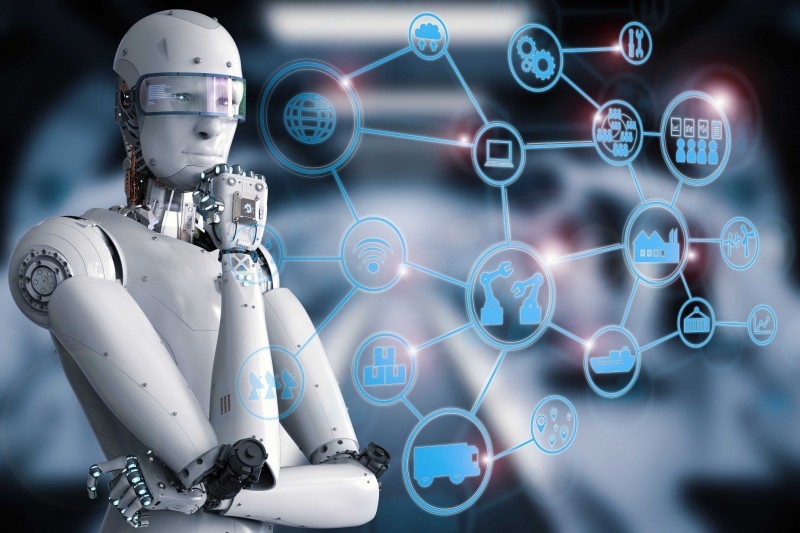As the role of human resources continues to evolve in the digital age and technologies like AI and machine learning gain more prominence, organisations in the Middle East will find more of their jobs and services being transformed by AI, experts have said.

According to Gartner, AI is poised to create 2.3 million jobs, while eliminating only 1.8 million, and by 2022, one in five workers engaged in mostly non-routine works will rely on AI to do their job.
Speaking about the revolutionary potential of AI in the HR domain, Christian Kromme, renowned futurist and author of the international bestseller ‘Humanification: Go Digital, Stay Human’, said: “AI and machine learning will totally change the way people interact with HR technology. For example, people will have their own intelligent coach that will motivate and mentor them to grow and develop in the desired direction. This coach will help people across their career and through multiple companies and organisations. Equally, AI and blockchain technology will enable organisations to manage large amounts of people working together in smart and fluid networks, a global workforce as a service.”
Kromme’s views were echoed by Craig Austin, Head of Talent Management and Learning & Development, RAKBANK, who said, “AI will play a crucial role within HR systems to reduce effort and provide more robust and accurate data for predictive analysis. But the last question of the day that will always need to be answered is ‘How much technology is too much?’”
He continued, “As technology further enables organisations to gather actionable data-driven insights from within, both HR and the wider business community will need to decide between cost reduction and the enhancement of human capital to drive business goals. As economic pressure develops, this will be a very real problem for businesses to manage, especially as we’re getting closer to a world of AI.”
Hossam Haggag, VP – Leadership and Talent Management, Jumeirah Group, called attention to the fact that HR technology has become more accessible and user-friendly, even as cost of technology has gone down. “Technology has become smarter, cheaper and more widespread. Integration of data across multiple systems is easier and more affordable than ever. This is crucial to business success because, in today’s world, collaboration among systems and platforms is just as important as collaboration among humans.”





